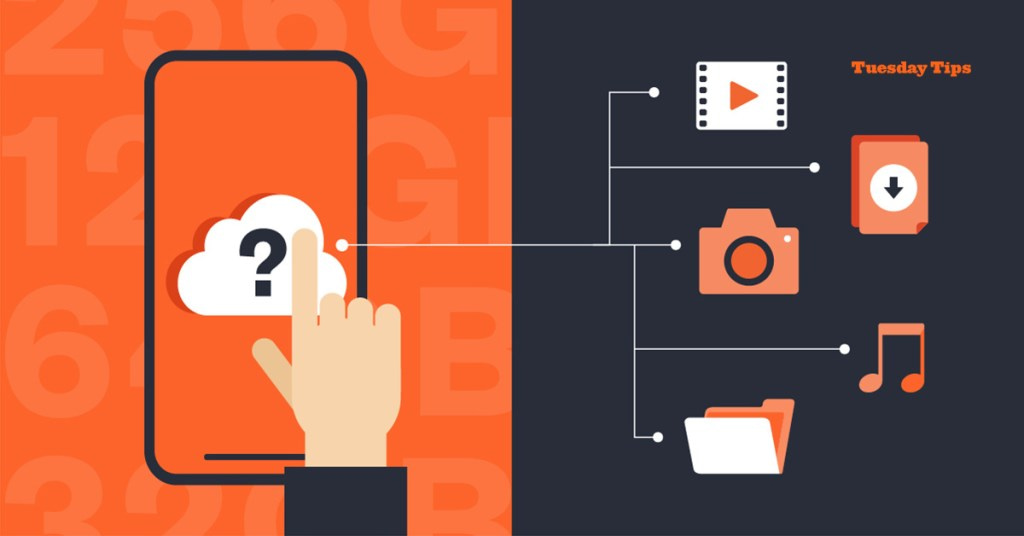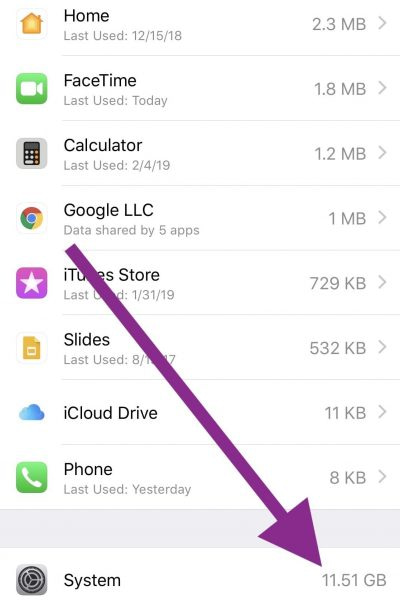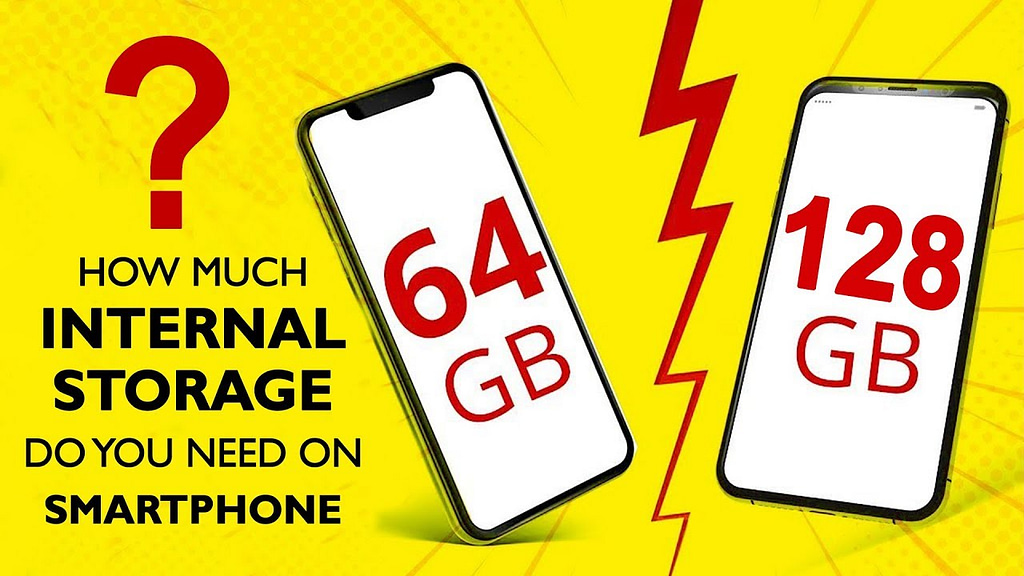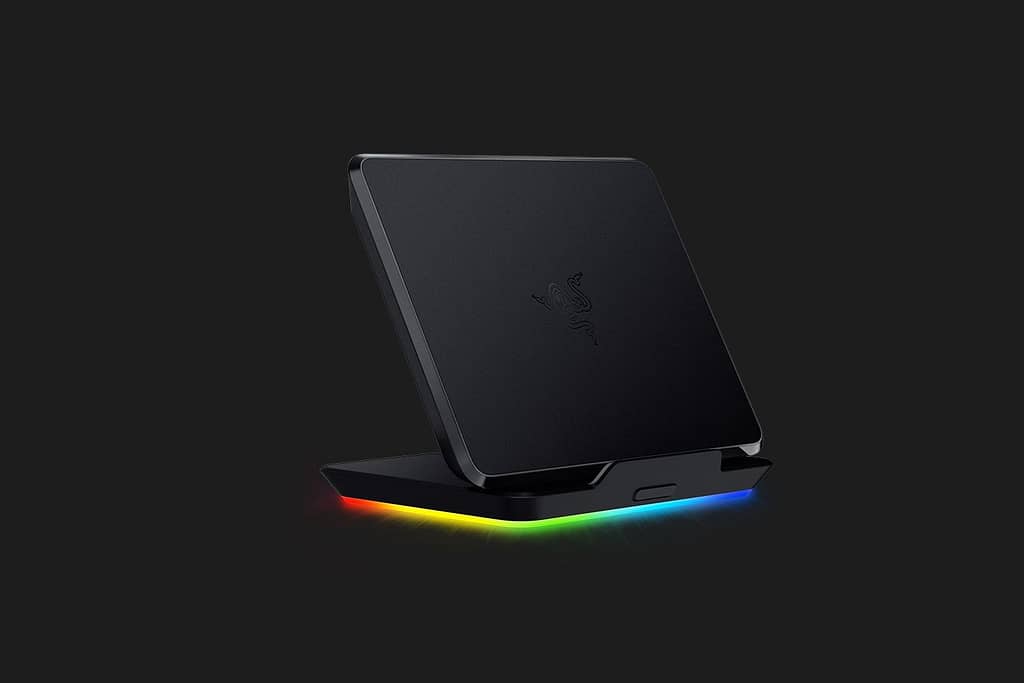People use their phones a lot more than their computer these days, the question is whether buying a high storage capacity phone is worth it?
When I say high capacity I really mean it, it is easy to find phones these days with 512 GB (gigabytes) of onboard storage, that’s as much as you would find on some laptops and there are even a handful of one terabyte(1TB) models on the horizon.
What does MB and GB mean?
MB stands for Megabyte, which is a unit of storage space. GB stands for Gigabyte, and is made up of 1000MB. In terms of size, a MB is a fairly small measurement whereas a GB is quite large.

Is there a practical use for such spacious phones?
Let’s break down what actually eats up phone storage.
Type of Media | 32 GB | 64 GB | 128 GB | 256 GB |
|---|---|---|---|---|
Apps/Games | 50 | 80 | 100 | 100 |
Photos | 500 | 1000 | 2000 | 4000 |
Videos | 1 hour | 2 hour | 4 hour | 8 hour |
Music | 400 | 800 | 1000 | 1000 |
Others | 15GB | 25GB | 40GB | 75GB |
A list of approximate amounts of memory taken up by photos, videos, music files, and apps, so you can see how much storage you might need
Type of Media | Volume | Storage Space |
|---|---|---|
Photos | 1 photo | 4 MB |
Videos | Recording for 1 hour | 3GB at 1080p 8GB at 4k |
Music | 1 song | 5 MB |
App/Game | 1 | 50 MB |
Operating system

To begin with any phone you will buy, will obviously have an operating system installed that takes somewhere in the neighborhood of 5 to 15 gigabytes depending on exactly how it is been tweaked by the manufacturer for your device.
Games

Another massive space hog on your phones can be games, just like on a desktop, you are not going to see mobile games that take up 50 gigabytes or more as you would on steam, but the lower capacities of most smartphones mean that you do have to keep track of what you are installing.

Quite a few of the more graphically intensive games out there can around 2GB of space each and some of them can even take upwards of 5 GB, however, most games usually take between a couple dozen and a couple of hundred megabytes.
So let’s say you like playing games and you have got a handful of more elaborate titles and then a dozen of lighter ones you are probably looking at another 10 to 15 more gigabytes for games
Videos

The next storage glutton is video, to use an iPhone as an example a standard 1080p video at 30 frames per second will take up around 130 MB of storage per minute, with 4k video at the same frame rate taking up about 3 times that much
So if you have a total of let’s say an hour of video both at 1080p and 4k on your phone you are probably looking at needing around another 20GB of space

The nice thing though both iPhones and Android devices come with a certain amount of free cloud storage and of course you can pay for more, the thing is it will take slightly longer to access files in the cloud as opposed to one stored locally on your phone.
If you are on a mobile data connection and you have got a low bandwidth cap it could end up costing you money to bring down videos that you want to show someone now.

We still do recommend that if you shoot lots of videos and photos regardless of how much storage space is on your phone that you do safely back them up either to the cloud or to another device in case your device gets lost or damaged.
Photos

Now speaking of photos many flagship phones will use around 4MB per photo on their default settings, so if you have about 500 photos stored on your phone, something that can happen pretty easily, now you will have to add another 2GB. Again though cloud storage will help offset this impact if you have got a quick shutter figure.
Audio

we still do recommend that if you shoot lots of videos and photos regardless of how much storage space is on your phone that you do safely back them up either to the cloud or to another device in case your device gets lost or damaged.

So we are going to assume that you don’t need a ton of space for actual music but with that said you might want to reserve another gigabyte or 2 or another 10 or 20 if you are in to downloading podcasts or audiobooks or video content from Netflix and consuming it when you are offline.
Others

Bringing us finally to the variable with the greatest amount of variation in all your other apps, so if you have been keeping up with the calculations, we have come in at anywhere from around 50 gigabytes of space to 70.
To keep things comfortable for what we would consider being a very heavy user. But how much you need beyond this heavily depends on how you use your phone
Are you an average user?
It’s very easy for the average user with a couple of dozen apps installed and would need an additional 15 to 20 gigabytes not only for the apps but in many cases to store all the extra data that they create and download.
Think about all the photos that you take from within a social media app or all the pictures that people share with you in large group chats.
So with all that said what’s the answer to the original question?
Well, we think that a user who uses their phone for a lot of different things should be very comfortable with either a 64GB or 128 GB model depending on their specific needs.
So at this time, we wouldn’t recommend spending money to go over that unless you have got some really esoteric use case where you know you are going to go over that.





